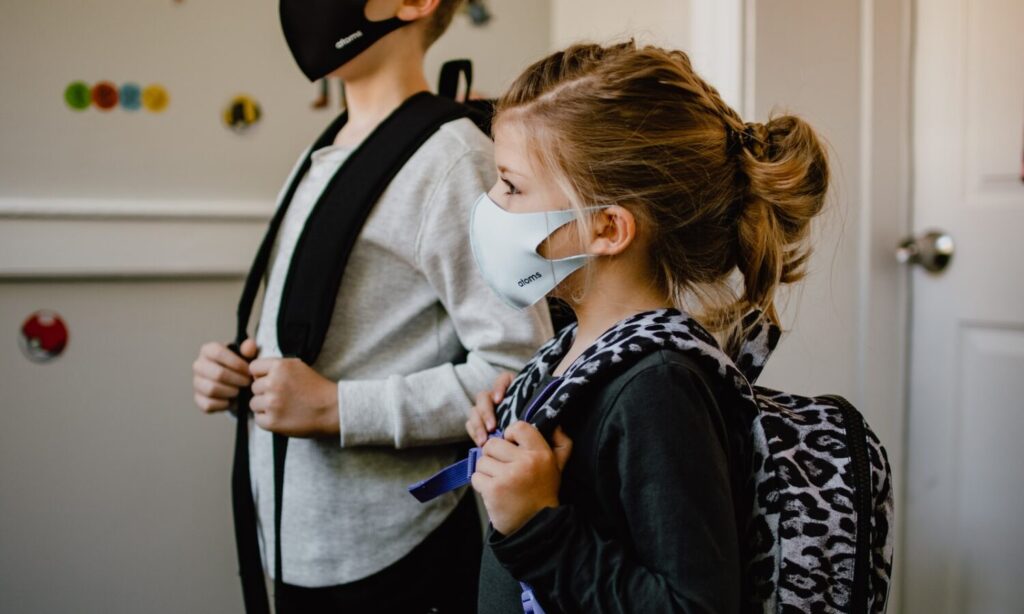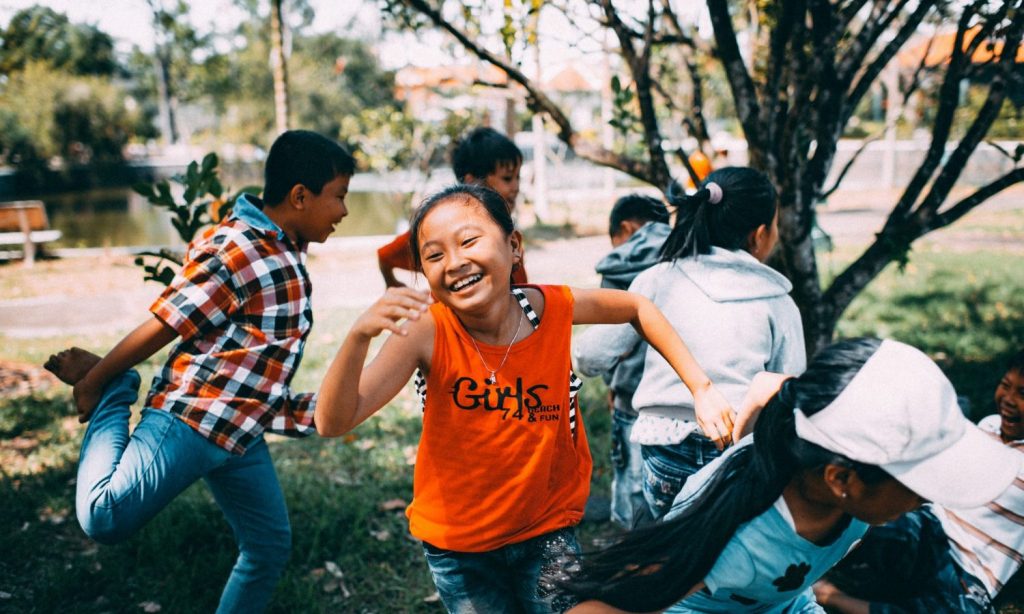A study from the CDC found connections between childhood diabetes and COVID-19 diagnoses.
A new study by the Centers for Disease Control and Prevention (CDC) found that children who had COVID-19 are twice as likely than others to develop diabetes. These results appear as COVID-19 cases are rising in children due to the novel Omicron variant, with over 580,000 cases reported at the end of the first week of January.
The data reviewed cases of children and teens of ages 0 -17, who had COVID-19 from March 2020 to June 2021. Researchers found that those who had COVID-19 were 2.66 more likely to be diagnosed with diabetes than children who were never in contact with the virus. They were 2.16 more likely to develop diabetes than children who struggled with some other respiratory disease.
RELATED: Eating This Food Can Extend Your Life, New Study Reveals

Diabetes is a chronic health condition that affects the way in which we process food. There are two types of diabetes: type 1, where the pancreas produces little to no insulin, and type 2, which affects the way in which the body processes glucose. Having diabetes makes it more difficult to cope with other diseases, which tend to have an impact on it and make it more demanding. Over 34 million Americans have this condition.
“There is some suggestion that the SARS-CoV2 virus may have some negative interaction with the cells that make insulin,” Dr. G. Todd Alonso, associate professor of pediatrics at the University of Colorado School of Medicine, explained to Prevention.
In previous research, experts found connections between trauma and childhood diabetes diagnoses. A Swedish study conducted on over 10,000 families found that kids who experienced something stressful in their lives — a divorce, disease, or death in the family — were three times more likely to develop type 1 diabetes. While the study didn’t immediately say that trauma causes diabetes, it suggests that stress reduction and mental health care could play a part in prevention.
“We know that there are connections between the brain and immune system, and it is not surprising that psychological trauma can influence the immune balance and contribute to abnormal reactions,” said the study’s lead researcher.

RELATED: Men Living Alone Are At Greater Risk Of Suffering From This
In the case of the pandemic, the best way to prevent serious COVID-19 illness is the vaccine. Health care providers should be aware of this link between COVID-19 and diabetes in children, something that could help children obtain quicker diagnoses and better outcomes.


